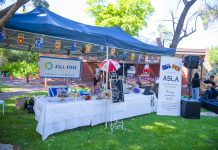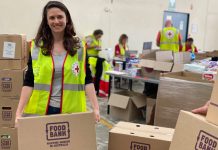July 31, 2018 (LBO) – Sri Lanka has been ranked number one out of 76 countries in the UNICEF’s latest ranking of early initiation of breastfeeding.
The report titled ‘Capture the Moment’ released today shows that 90.3 percent of Sri Lanka’s newborn babies are subjected to early initiation of breastfeeding.
According to the report, nearly 9 in 10 babies born in Burundi, Sri Lanka, and Vanuatu are breastfed within the first hour.
Breastfeeding rates within the first hour after birth are highest in Eastern and Southern Africa (65%) and lowest in East Asia and the Pacific (32%), the report says.
UNICEF in the report said an estimated 78 million babies – or three in five – are not breastfed within the first hour of life, putting them at higher risk of death and disease and making them less likely to continue breastfeeding.
The report highlighted that most of these babies are born in low and middle-income countries.
The report notes that newborns who breastfeed in the first hour of life are significantly more likely to survive. Even a delay of a few hours after birth could pose life-threatening consequences.
Skin-to-skin contact along with suckling at the breast stimulates the mother’s production of breastmilk, including colostrum, also called the baby’s ‘first vaccine’, which is extremely rich in nutrients and antibodies.
In high-income countries, 21 percent of children are never breastfed, compared with only 4 percent of children who are never breastfed in low- and middle-income countries.
This wide gap means that 2.6 million children in high-income countries are missing out completely on the benefits of breastfeeding, UNICEF highlighted.
While many high-income countries track breastfeeding through hospital registries or other data systems, these data are not collected using standard global indicators and are therefore not internationally comparable, the report added.
The report urges governments, donors, and other decision-makers to adopt strong legal measures to restrict the marketing of infant formula and other breastmilk substitutes.






























